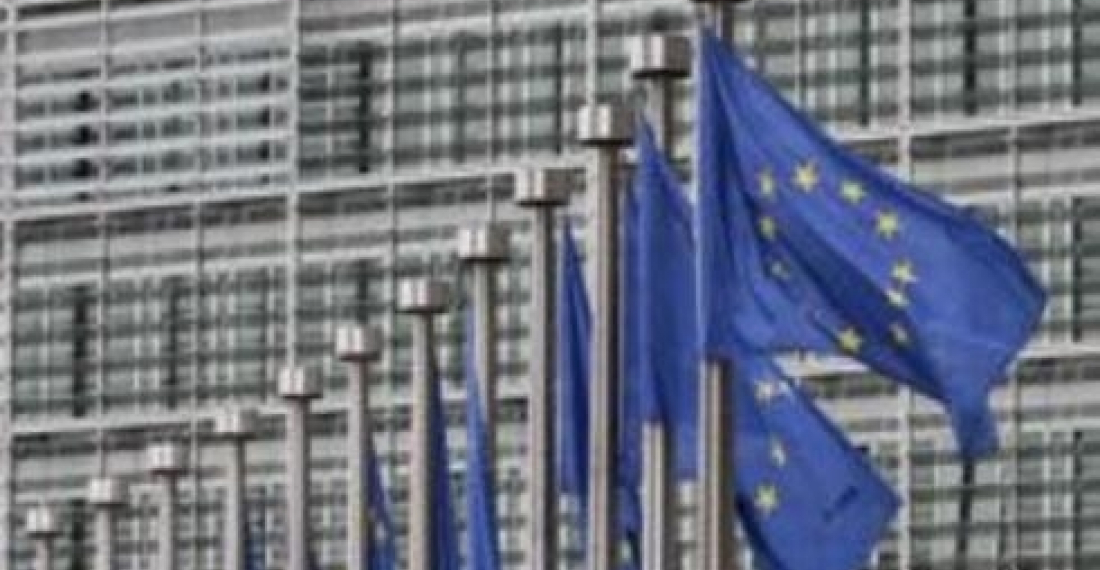The European Union High Representative on Foreign and Security Policy, Catherine Ashton, has commented on the report issued yesterday by the European Commission on relations with the neighbouring states of the European Union.
With regards to its Eastern neighbourhood Catherine Ashton stated:
"The Eastern Partnership addresses the issue of unfinished transformation. I am confident that the Roadmap will help partner countries accelerate their transition towards democracy and market-oriented economy by providing a monitoring tool in support of their reform process. The more partner countries achieve tangible progress in their reform efforts, the more the EU will be prepared to support them. It is also vital that partners make renewed efforts to resolve the conflicts which have blighted the region for far too long. The EU stands ready to strengthen our support to those who are ready to take courageous decisions and turn the page.”
The report paints a mixed picture of the situation in the three South Caucasus countries.
The European Commission praises Armenia for its progress on democracy and human rights, but says Yerevan still must deal with shortcomings in areas such as corruption and media freedom. The report says negotiations toward an EU-Armenia association agreement have "progressed in good pace." The report also offers praise for recent changes to Armenia's electoral code but notes that parliamentary elections earlier this month still fell short of international standards.
The report is critical of media freedom, citing limitations on television broadcasting and lawsuits against journalists for alleged insults and defamation. It says "public trust in the judiciary continues to be low, and perception of corruption high."
The European Commission criticizes Azerbaijan for a lack of progress in a number of areas. The Commission urges Azerbaijan to "bring legislation on elections, freedom of assembly, freedom of association, and media freedom into line with international standards and ensure its full implementation." It also urges more measures to tackle corruption.
The Commission report notes that negotiations on an EU-Azerbaijan association agreement have progressed "at slow pace" and that negotiations on a free-trade deal cannot start until Azerbaijan becomes a member of the World Trade Organization (WTO). This reflects increasing frustration in Brussels on Azerbaijan's lack of enthusiasm to a meaningful engagement with EU approximation processes.
The report does, however, praise Azerbaijan's quick economic growth, although it notes that such expansion largely was driven by "oil-financed public spending rather than by self-sustained development in the private sector."
The European Commission urges Georgia to engage in "pragmatic cooperation" with the leadership of the breakaway regions of South Ossetia and Abkhazia. The review praises the progress Tbilisi has made both in implementing the visa facilitation agreement and in negotiations with the EU on a free-trade agreement. The European Commission does, however, urge the country to reverse isolation of the inhabitants of Abkhazia and South Ossetia by giving them access to health care and other social services. Such care "should be extended without preconditions such as acceptance of Georgian ID documents," the report says. The report criticises lack of parliamentary oversight in Georgia and insufficient degree of independence of the judiciary.
Commonspace.eu political editor said in a comment that "this appraisal of the three countries by the European Commission offers some sombre reading and spells out very clearly how far Armenia, Azerbaijan and Georgia are from reaching the necessary standards so that they could participate fully in the European project. The report cuts through the rhetoric and outlines real problems that now can no longer be dealt with through general statemnents but require solid political will and hard work on the part of partner countries."
source: commonspace.eu with www.europa.eu and Radio Free Europe







